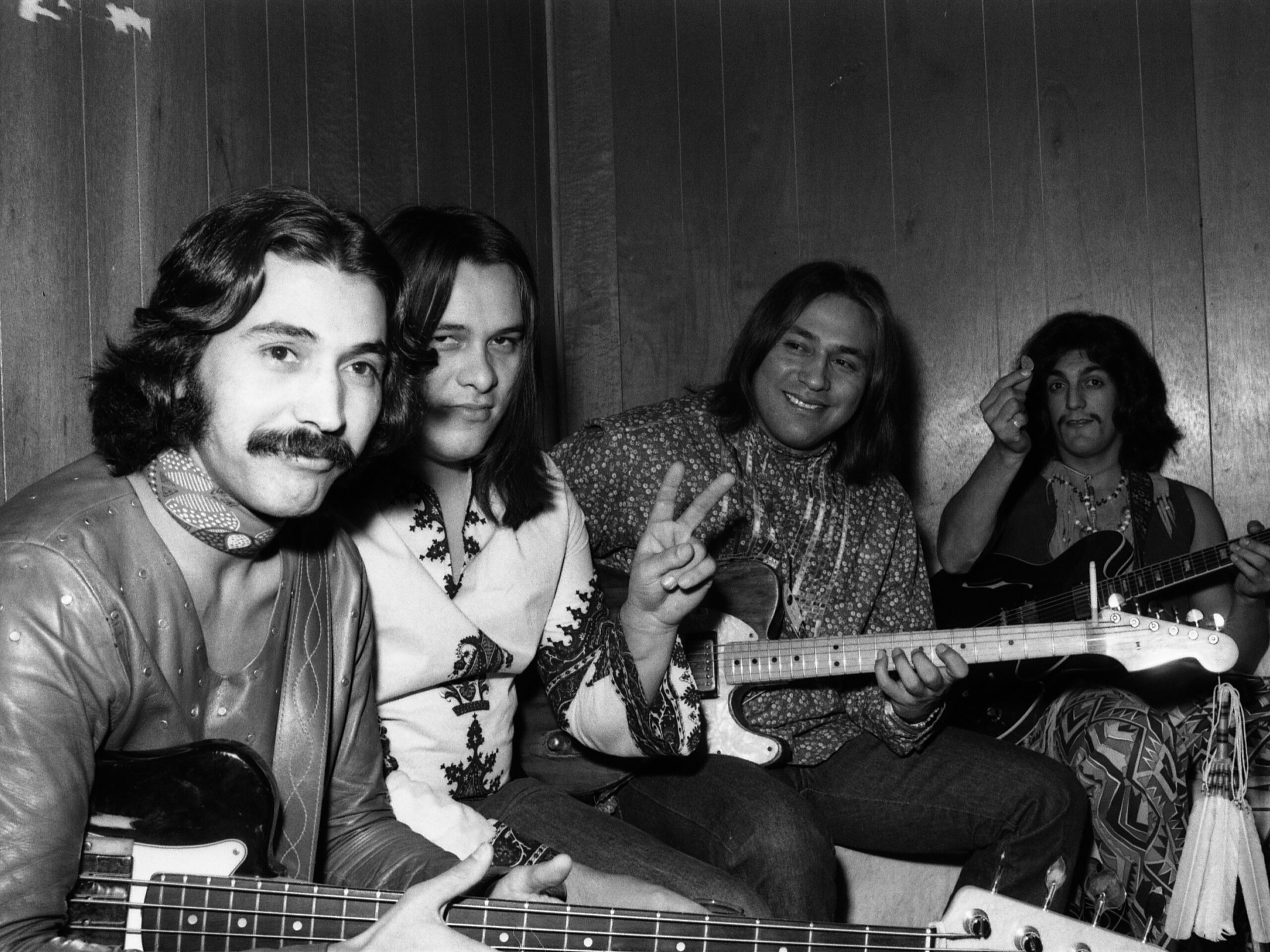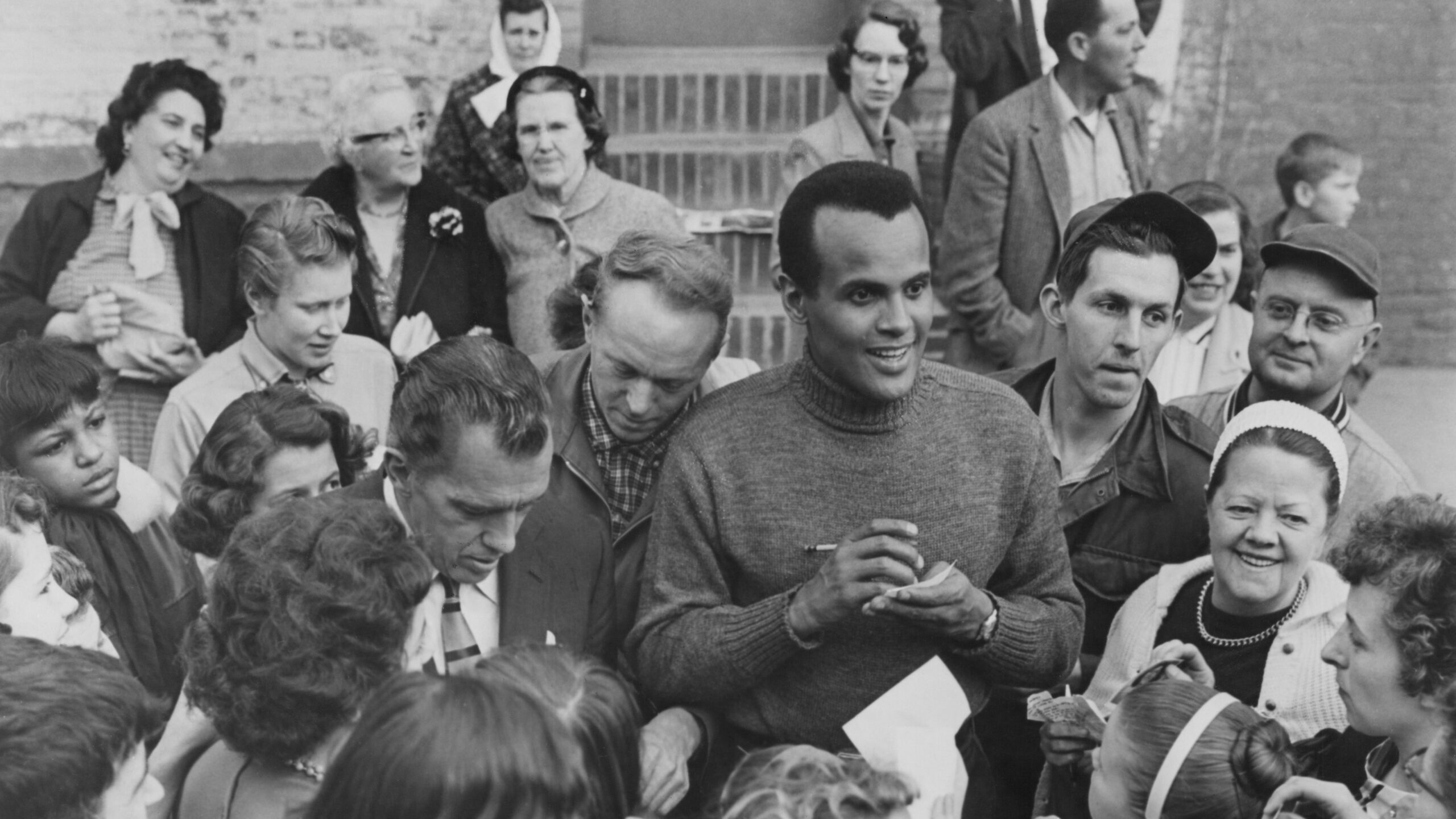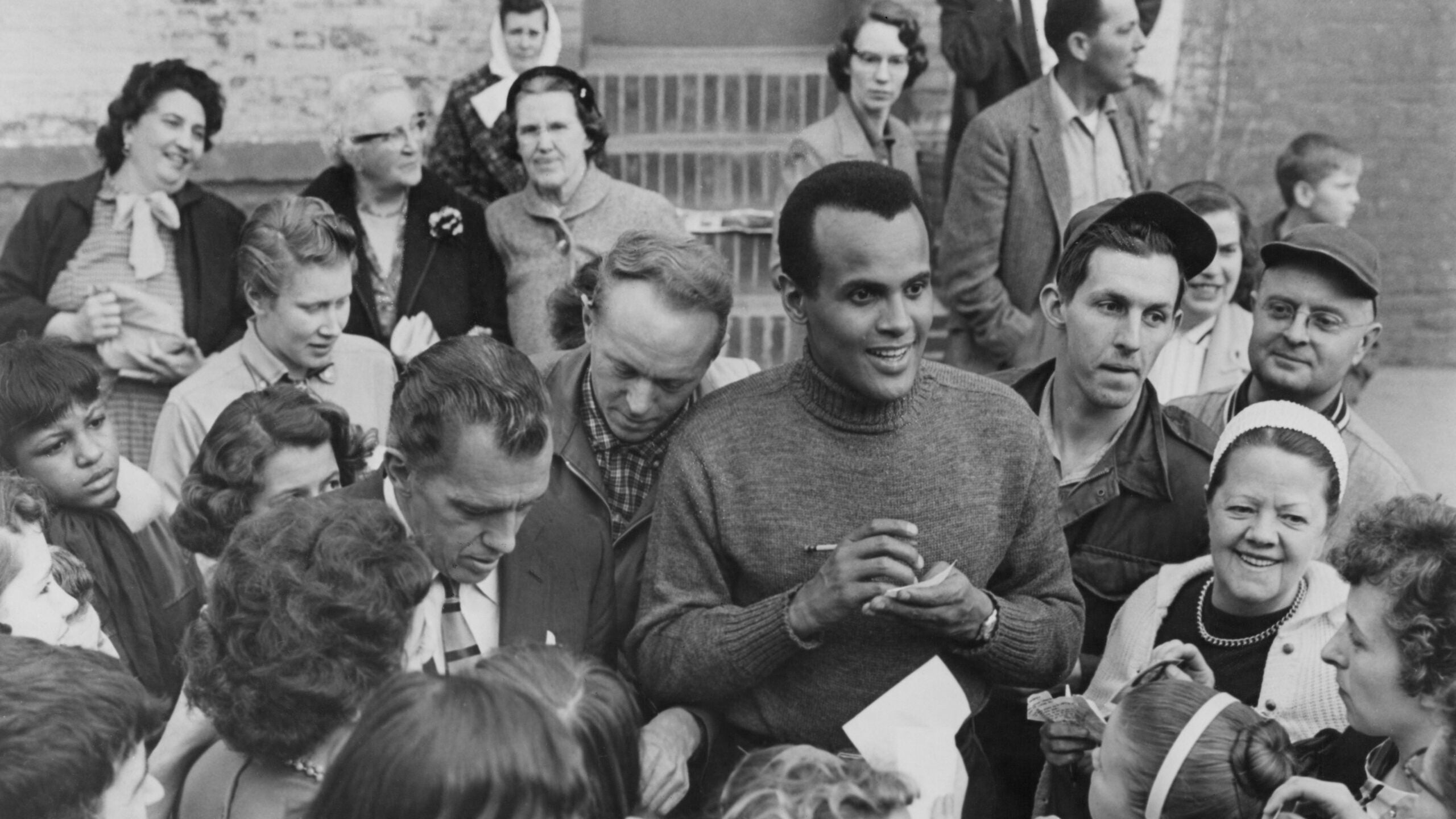The young captain of engineers in the French army was popular as a poet, violinist, and singer among his fellow officers in Strasbourg. He wrote a hymn to liberty and several plays but, above all, Claude-Joseph Rouget de Lisle is remembered for his war song for the army of the Rhine-better known as the Marseillaise.
France declared war on Austria in 1792, and on the night of April 25, Rouget de Lisle wrote hastily a rousing song vowing death to the enemy. The song was quickly arranged for a military review, and was snapped up by volunteers from Marseilles, who took part in a Paris insurrection a few months later. Known from then on as the Marseillaise, the tune became so popular that in 1795 it was declared a national song.
The politically-charged call to arms was banned in France under the Empire, only to be reinstated again in 1830, when Hector Berlioz orchestrated it with a dedication to the aging and indigent Rouget de Lisle.
Stay informed on the latest news
Sign up for WPR’s email newsletter.
In 1838 the tune was illegal in the Austrian capital, and Rober Schumann made a prank of hinting at it in his suite Carnival Jest from Vienna.
In 1879, under the Third Republic, the Marseillaise became the national anthem of France and, by the next year, when Tchaikovsky included it in his 1812 Overture, the tune had come to symbolize France, both the Republic and the Empire.
But where did the tune come from in the first place? A tempting possibility arises in a piece of music completed in Vienna in December 1786, several years before Rouget de Lisle dashed off his marching song. The first movement of Mozart’s Piano Concerto No. 25 in C alternates between martial and festive airs, including a recurring theme that sounds remarkably like the beginning of the Marseillaise. Is it possible that Rouget de Lisle picked his tune up from the very nation his song was attacking?
In any event, in short order, an inspired Rouget de Lisle created a song for the ages.
Wisconsin Public Radio, © Copyright 2024, Board of Regents of the University of Wisconsin System and Wisconsin Educational Communications Board.





